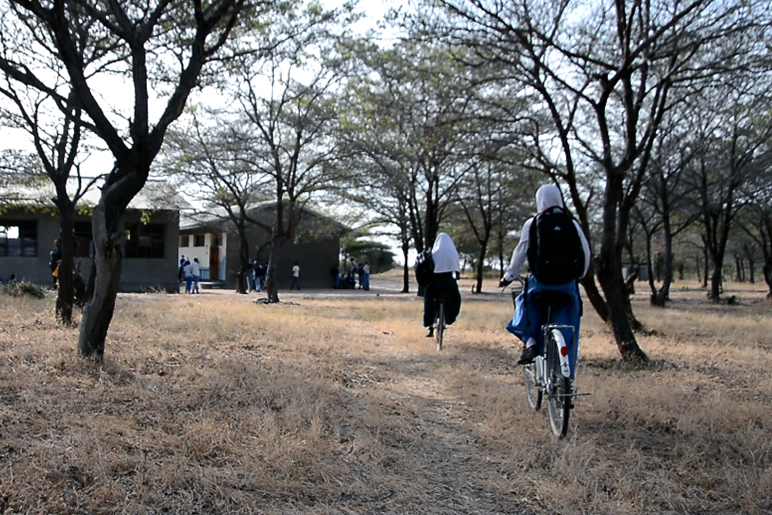Strengthen engagement in education planning, policy dialogue and monitoring
Tanzania has been striving to provide education for all to its citizens in response to the fight against three enemies namely: ignorance, diseases and poverty. This positive intention has been supported by different policy initiatives such as Universal Primary Education, Cost Sharing, free education and now fee-free basic education as provided for in the Education and Training Policy (2014) and 2015- 2020 ruling party manifesto.
Tanzania is a signatory to different International Conventions namely United Nations Convention on the Right of the Child (UNCRC), Convention on the Elimination of All Forms of Discrimination Against Women (CEDAW) and Sustainable Development Goals (SDGs). Despite these efforts, schooling has remained a major bottleneck, especially for girls due to early marriage, sexual abuse and early pregnancies.
According to UNFPA fact sheet 2017, teenage pregnancy has increased by 4 percent in Tanzania since 2010. Although policies provide for a facilitative environment for girls hope to complete their basic education, in 2017 the government banned pregnant girls and young mothers from re-entry. The ban jeopardizes girls’ hope to complete basic education. Teen mothers do not have right to re-enter into the formal education system especially in the Mainland. Thus, the only option available is the informal system which is underdeveloped, underfinanced and inaccessible.
This project aims to enhance TEN/MET engagement in education decision making and forge a partnership with the government, Development Partners and other stakeholders in the education sector, policy and practice for inclusive quality education.
Main goal, the beneficiaries
The overall goal of this project is strengthening TEN/MET engagement in educational planning, implementation (policy dialogue) and monitoring of education implementation and performance. The project will ensure the engagement and participation of civil society in the formulation, implementation and monitoring of strategies for educational development as one of the core strategies to achieve the Education for All (EFA) goals.
The direct beneficiaries of this project are girl children who drop out of school in the countrydue to different reasons including pregnancies. However, the project will indirectly benefit all children who drop out of school.
The project will have five specific objectives:
- first to advocate for reentry policy for school children who dropped out of school due to pregnancies and other reasons by 2024,
- second to campaign for resourcing and increasing of the basic education initiatives (alternative education pathways) and support for out of school girls by 2024,
- third to advocate for increased education sector budget allocation to 20 percent of the national budget allocation by 2024,
- fourth increase TEN/MET members’ engagement in policy dialogues and advocacy for provision of quality inclusive education in the country by 2024 and
- fifth objective is to monitor and evaluate for project implementation and achievements.
Approaches/strategies to be applied
The project will use the approaches and strategies already in place which are the formed National Girl Education Caucus, Permanent Parliamentarian Social Services Committees and other policy dialogue platforms including Global Action Week for Education, Quality Education Conference, Local Education Group and Annual Joint Education Sector Review to advocate for re-entry policy formulation and education budget increase.
The first phase of the project was implemented in 2020-2021 with support from Education Out Loud of 284.666 USD.
